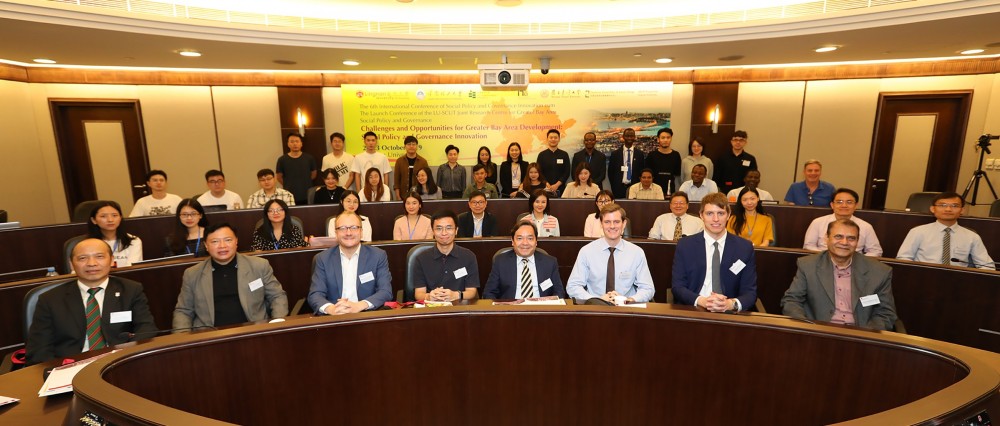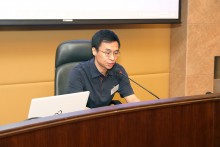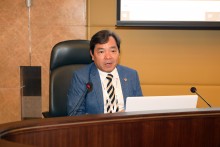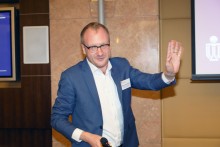International conference at Lingnan seeks policies to maximise GBA opportunities

Earlier this year, Beijing set out its “innovation driven and reform led” vision for the Greater Bay Area (GBA), a network of nine cities in Guangdong, plus Hong Kong and Macao. Already home to over 70 million people, and with a total annual GDP of US$1.6 trillion, by 2035 the national government envisions the GBA rivalling Silicon Valley, and other such bay areas around the globe, as a financial and technological powerhouse. The official “Outline Development Plan for Guangdong-Hong Kong-Macao Greater Bay Area” sets out an overall strategy for regional integration that is intended to enable capital and people to flow smoothly between the cities.
But in order to seize the opportunities opening up in the GBA, fresh and imaginative approaches will need to be taken to overcome the social policy and governance challenges of integrating the 11 cities. With these issues in mind, an array of leading international academic experts gathered at Lingnan University on 22 and 23 October 2019 for the 6th International Conference of Social Policy and Governance Innovation. The event this year, once again co-sponsored by Lingnan, the Education University of Hong Kong (EduHK) and South China University of Technology (SCUT), was held under the theme “Challenges and Opportunities for Greater Bay Area Development: Social Policy and Governance Innovation”.
Conference proceedings began with representatives of the three collaborating universities welcoming participants. Professor Wang Ou of SCUT hailed the conference as marking yet another chapter in the three universities highly successful partnership. While Dr Kris Hartley of EduHK highlighted the timeliness of the conference, given what was currently happening on the streets of Hong Kong.
Professor Joshua Mok, Vice President of Lingnan, noted that the event also served as the launch conference of the Lingnan University-South China University of Technology’s Joint Research Centre for Greater Bay Area Social Policy and Governance. “The future, not only in terms of economic development, but also the social and cultural development of this city state [of Hong Kong], will require closer collaboration with neighbouring regions,” he said.
In his keynote speech, Professor Stuart Gietel-Basten of the Hong Kong University of Science and Technology set out some of the main demographic challenges faced by the GBA, such as an ageing population, a low fertility rate, and a mismatch between the qualifications of graduates and the skills required in the labour market. He noted that addressing these challenges would require innovative policy developments, as well as legal and regulatory changes, and shifts in personal attitudes.
Professor Mok used his keynote presentation to lay out his analysis of the assessment young people in Hong Kong, aged between 18 and 35, made of the opportunities offered by the GBA, and of their willingness to work across the border. He also proposed policies to encourage this demographic to start businesses and obtain employment in Guangdong.
Further illuminating keynote speeches were delivered by Professor George Lin of the University of Hong Kong, Professor Ku Yeun Wen from the National Taiwan University, Professor Ray Forrest from Lingnan, and Professor Ahmed Shafiqul Huque from Canada’s McMaster University.




